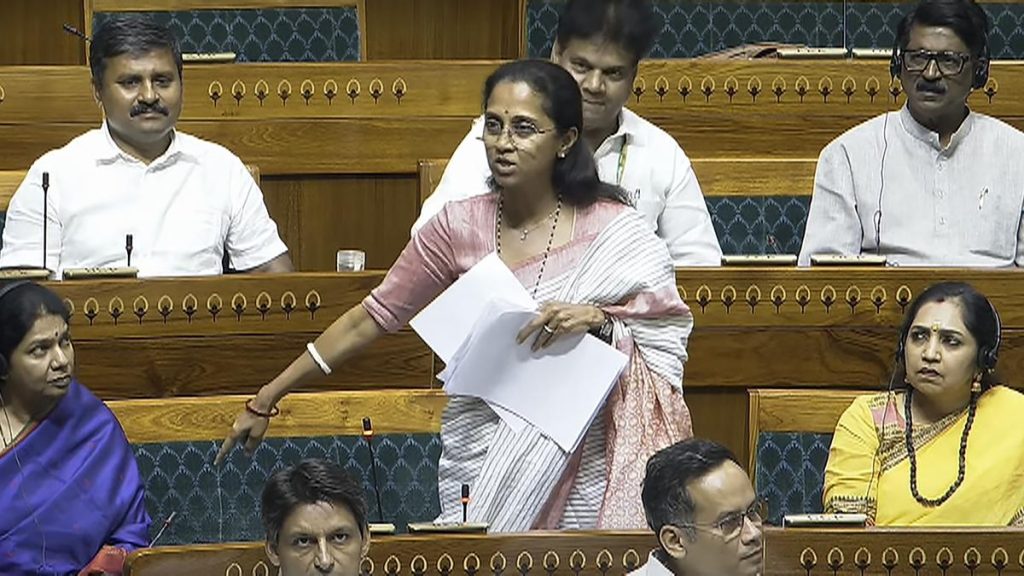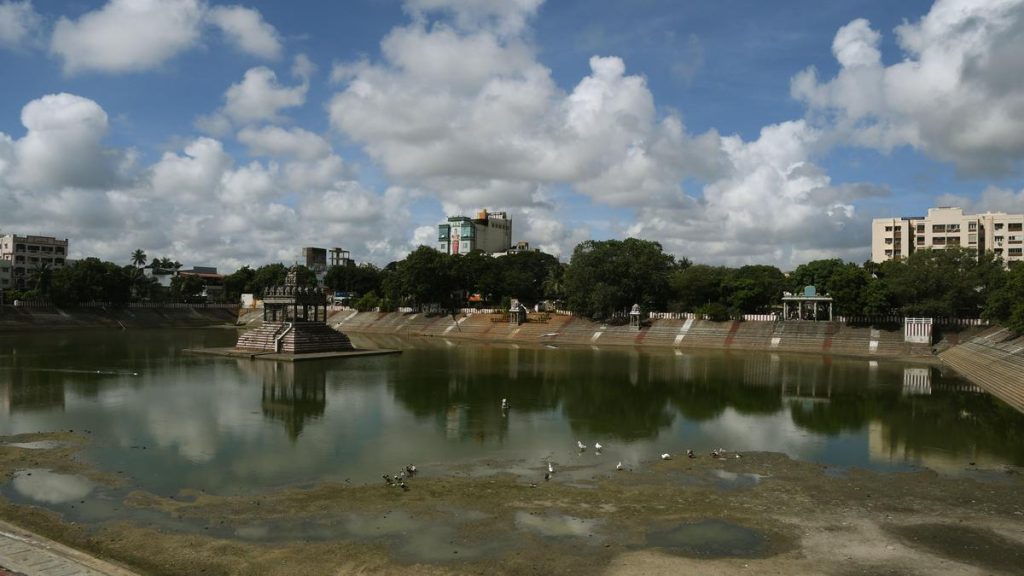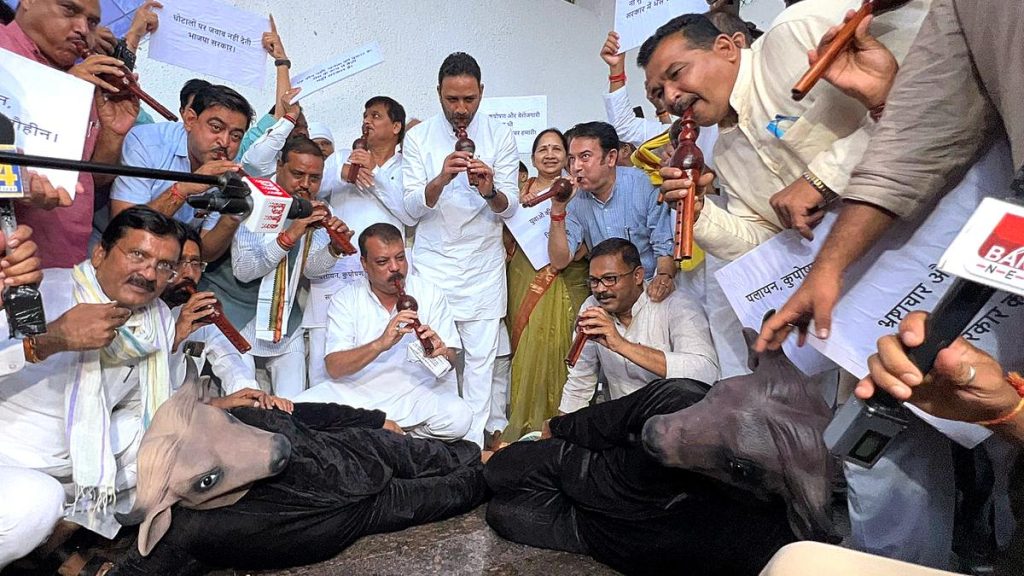Now Reading: Farida Tampal: WWF-India’s State Director on Her Conservation Mission
-
01
Farida Tampal: WWF-India’s State Director on Her Conservation Mission
Farida Tampal: WWF-India’s State Director on Her Conservation Mission
Quick Summary
- This article is part of WWF-India’s monthly series highlighting niche green careers through personal stories of environmental professionals.
- Farida Tampal, State Director of WWF-India in Hyderabad, shares her journey from growing up near Borivali National Park in Mumbai to pursuing a dedicated career in ecology and conservation.
- Educational background:
– B.Sc.in Zoology sparked her love for nature during field studies,especially a marine ecosystem trip to Lakshadweep.
– Master’s degree in Ecology at Pondicherry Central University, along with certifications in tropical forest restoration and stakeholder engagement.
- Career trajectory:
– Worked as Research Associate at Madras Crocodile Bank Trust (Tamil Nadu) and participated actively in environmental education initiatives across various regions including Mumbai, West Bengal, Andhra Pradesh, and Telangana.- Currently balances administrative office work with on-field experiences like engaging tribal communities and advocating citizen science.
- Focus areas include raising environmental awareness among teh indifferent public through talks/trainings and pushing for evidence-based policymaking.
- Challenges faced include shifting societal attitudes toward conservation priorities amidst short-term interests. Also emphasizes multilingual outreach for increasing engagement diversity.
- Aspires to inspire others by becoming a ‘nature evangelist,’ leveraging accessible communication about ecosystems’ importance.
Indian Opinion Analysis
Farida Tampal’s narrative highlights critical aspects shaping India’s environmental efforts: grassroots activism combined with scientific specialization. Her emphasis on citizen science underscores the pivotal role ordinary individuals can play alongside experts-a well-aligned strategy as India grapples with public indifference toward environment preservation. Simultaneously occurring, multilingual advocacy could deepen inclusive efforts across India’s linguistically diverse population.
Her challenges reflect broader systemic issues-short-sighted policy priorities often impede long-term sustainability measures despite robust scientific data available domestically. This demonstrates the ongoing need for integrating transparent decision-making processes tied to ecological models within governance frameworks.As climate concerns grow globally impacting biodiversity hotspots across regions like Telangana’s forests or wetlands documented here-it reiterates urgency scaling awareness/conservation capacities holistically fy education-policy dialogues collaboration lasting nationwide deeper responses
For more: Read More

























